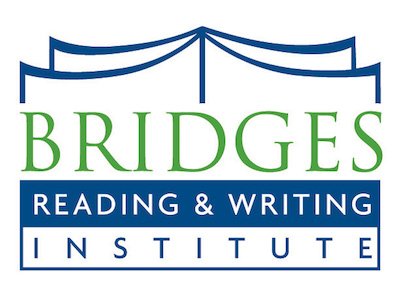Building your child's vocabulary through their sense of smell
Vocabulary development is a building block for reading and writing. You can expand your child’s vocabulary word bank by exposing your child to the world of sensory detail. Start with the sense of smell.
Splendid or Stinky? Talk to your child about splendid and stinky smells. The good smells are “splendid” and the not-so-good smells are “stinky”. Then, use everyday items to talk about smells. For example, while giving your child a bath, ask your child to smell the shampoo, shower toys, or towel. For each item, ask your child “Is it a splendid or stinky smell?” Some everyday items to smell include: baking cookies, mommy’s perfume, clean/dirty laundry, soap, shampoo, flowers, trees, outside air, rain, garbage, spoiled food, gas station, burnt food, sand, rubber wheels, wet clothes, spit-up or pets.
Sensory Word Bank. Build your child’s sensory detail word bank by using distinct sensory words to describe the smells around you. Here are some sensory words you can teach your child to use: sweet, chocolaty, savory, salty, spicy, fragrant, fresh, flowery, fruity, clean, pleasant, earthy, crisp, foul, burnt, smoky, putrid, gaseous, chlorinated, medicinal, roasted, piney, nutty, sharp, sour, fishy, minty, stale, perfumed, moldy, musty, powdery, old, spicy, smoky, vinegary, pepperminty, chocolate and sweaty.
Guess Where? Describe a place using only details related to smell. For example, think about the beach. Tell your child, “I smell saltwater, fresh air, and fish.” Then, have your child try to guess what the place is. Other places you can think of are: a forest, swimming pool, favorite vacation spot, bathroom, gas station, ice cream store, or kitchen.
These games are adapted from Margaret Ennis’ “Minutes from Me” at the Franklin Institute: Resources for Science Learning, 1997 and 1998.
